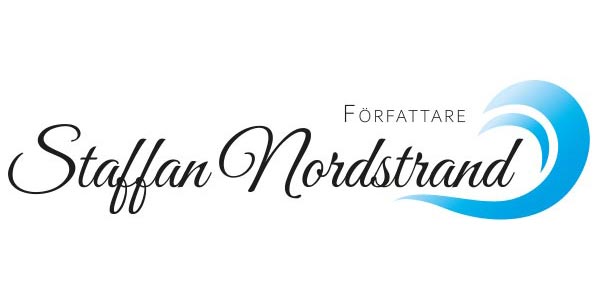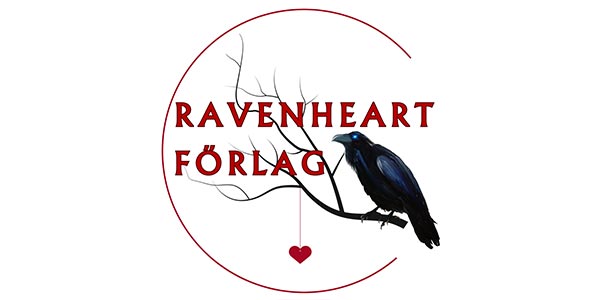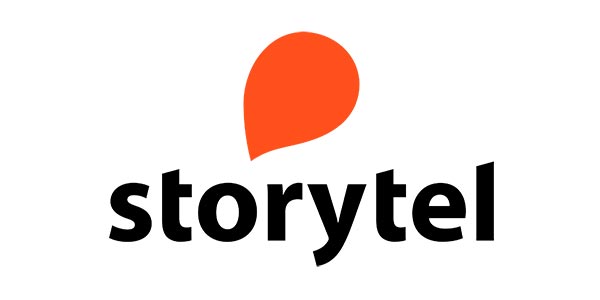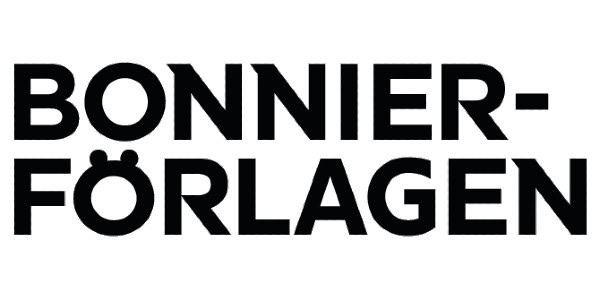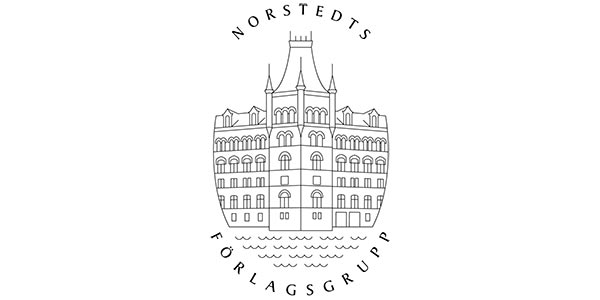
Lärares lärande i gränslandet mellan skolans och vetenskapens praktiker : Aktionsforskning som socialt lärande

| Serie | Gothenburg Studies in Educational Sciences (487) |
|---|---|
| Författare | |
| Förlag | Acta Universitatis Gothoburgensis |
| Genre | Pedagogik |
| Format | Häftad |
| Språk | Svenska |
| Antal sidor | 132 |
| Vikt | 420 gr |
| Utgiven | 2024-06-14 |
| ISBN | 9789179631758 |
The study aims at deepening the knowledge about how teachers learn as they collaborate to improve their teaching practices through action research. The research questions are as follows: How does teachers’ professional learning unfold in school practice as they engage in improving their teaching practices through action research? What opportunities and challenges emerge from and for teachers’ professional learning at the boundaries between school and research practices? What is the significance of the social context, which also involves students, for teachers’ learning? This action research study, involving an upper secondary school in Sweden, was carried out in the academic year 2017/2018. The action research methodology entailed the abductive process of combining empirical work with the theoretical framework developed by Wenger and colleagues, commonly referred to as ‘communities of practice’. Teacher learning through action research is explored in three papers. Together, the findings show how teachers learn collectively by developing their repertoire, developing forms of mutual engagement, and tuning their enterprise when negotiating on the local improvement work and the action research approach. The process involves dialogues, the use of research and theory, planning and realising interventions, and reflecting on experiences. Joint work between the teachers and the professional development leader functions as a boundary process where two sets of practices, classroom and research, are coordinated and contribute to the learning process in the professional development practice. The process involves negotiations on three competing sets of norms and values: the school’s local development area, the action research approach, and the teachers’ individual values in relation to classroom practice. Collaboration within the local community is essential for meaningful value creation and thus, learning. Findings suggest that teachers should be given recurrent opportunities to define values throughout the process. Learning at the boundaries in between school and research practices entails a mutual openness to deal with differences and engaging uncertainty in the process of learning of what is yet unknown. In addition, the findings show how student participation can contribute to teachers’ learning by adding valuable viewpoints regarding classroom experiences. The study contributes with knowledge about how teachers learn in a social mix of practice, meaning and contexts.

